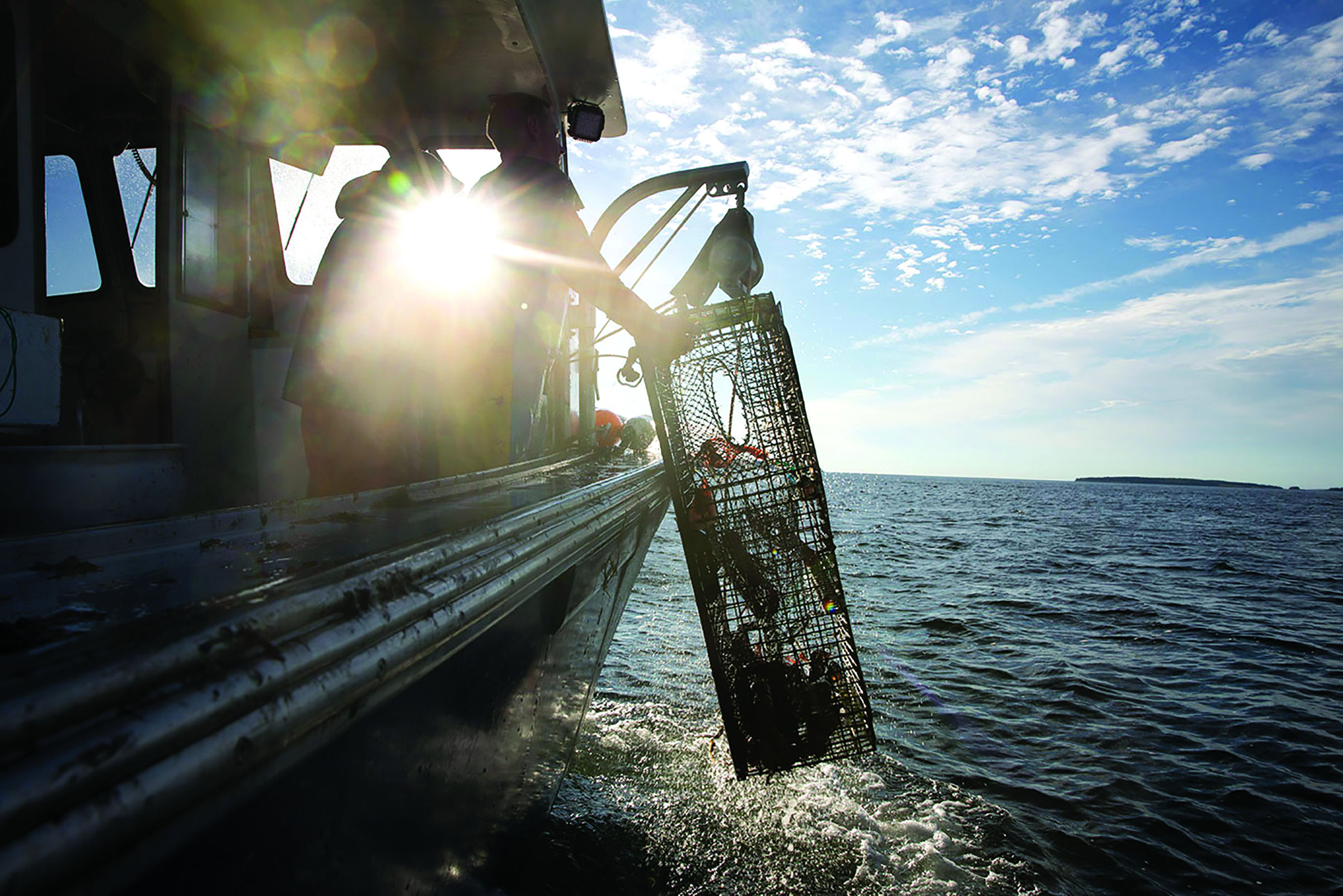A federal appeals court in Washington, D.C. is considering the Maine Lobstermen’s Association appeal of the government’s fishing gear restrictions aimed at saving endangered whales.
In arguments Feb. 24, the MLA’s lead attorney Paul Clement, a former U.S. solicitor general during the Bush administration, laid out the fishermen’s case, arguing the National Marine Fisheries Service went overboard in making worst-case assumptions about the danger of Maine lobster gear entangling whales.
The North Atlantic right whale is highly endangered, with fewer than 350 animals believed to be surviving, with ship strikes and fishing gear entanglement leading causes of mortality. Clement made the MLA’s case that none in recent years have been documented to involve Maine lobster gear.
Joining the MLA as intervenors before the court are the Maine Department of Marine Resources, the Maine Lobstering Union and the Massachusetts Lobstermen’s Association, while environmental groups have likewise filed as intervenors in support of NMFS.
One argument raised by government lawyers is that the MLA challenge is moot, after Maine’s Congressional delegation succeeded in obtaining a six-year delay in implementing the latest round of NMFS gear and area restrictions. That came as a ride amendment to the omnibus federal spending bill that Congress passed in December.
Meanwhile on Monday night Rep. Raul Grijalva, D-Ariz., the ranking Democratic member on the House Natural Resources Committee, introduced the RESCUE Whales Act to repeal the 2022 omnibus rider. But with the House now controlled by a Republican majority it’s not clear how the measure can move in this session of Congress.
In a statement Grijalva said the rider “poses an existential threat to the dwindling North Atlantic right whale population. It undermines the science-based protections of both the Endangered Species Act and the Marine Mammal Protection Act, while also ignoring real solutions like ropeless gear, which we worked hard to secure $20 million in funding for in the omnibus.”







